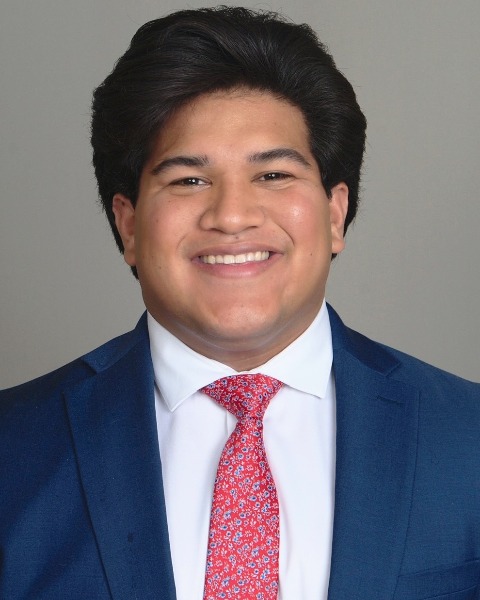Nephrology
Session: Nephrology Works in Progress
WIP 162 - Outcomes in Pediatric Patients Following Extracorporeal Liver Support with Molecular Adsorbent Recirculating System (MARS)
Saturday, May 4, 2024
3:30 PM - 6:00 PM ET
Poster Number: WIP 162
Publication Number: WIP 162.981
Publication Number: WIP 162.981

Kenneth M. Delgado, MD (he/him/his)
Clinical Fellow
Cincinnati Children's Hospital Medical Center
Cincinnati, Ohio, United States
WIP Presenting Author(s)
Background: The Molecular Adsorbent Recirculating System (MARS) is an extracorporeal liver support system that uses an albumin enriched dialysis solution to remove protein-bound molecules, which are generally cleared by the liver but not removed by conventional intermittent hemodialysis or continuous renal replacement therapy. In 2005, its use was approved in the United States for management of drug overdose and intoxication. Other proposed indications for MARS include acute liver failure, acute-on-chronic liver failure, hepatic encephalopathy, primary graft non-function following liver transplantation, and chronic pruritus in patients with cholestatic liver disease. Data regarding the efficacy of MARS in pediatric patients remain scarce.
Objective: The purpose of this study is to delineate the indications, technical characteristics, efficacy, and safety profile of MARS in children who received this therapy at our institution.
Design/Methods: We performed a retrospective analysis of patients who received MARS therapy at Cincinnati Children's Hospital Medical Center between January 1st, 2014 and November 30th, 2020. The ages of patients range from birth to 30 years old. Collected data included age, sex, laboratory data, medical history, vascular catheter size, specifics of MARS therapy, complications, and outcomes.
The study was approved by the Institutional Review Board of Cincinnati Children’s Hospital Medical Center. The requirement of informed consent was waived. Patient confidentiality was maintained throughout the study using a numeric coding system. Each patient and visit were assigned a unique identification number that did not contain patient health information. Data existing in the electronic medical record were transcribed by investigators into a secure REDCap database with access limited to the investigators.
Currently, the data are being actively analyzed. Preliminary analysis of the data is expected to be complete by January 2024.
